How RBI repo rate hike will affect your EMIs and loan tenure - Explained
According to the RBI norms, banks are required to link the interest rates of loans with an external benchmark, which is generally the RBI's repo rate. Meanwhile, the bank deposit rates are also likely to increase, bringing some relief to the common man. After the rate hike by the central bank, the timing of taking the loan is crucial for home loan borrowers as they usually borrow at floating rates.

The EMIs on the loan will rise as the Reserve Bank of India (RBI) on Friday hiked the repo rate by 50 basis points to 5.40 percent to contain inflation. Several banks have already raised their borrowing rates and some will again increase their rates after this hike by the central bank.
"For any financial institution including NBFCs Cash in the Inventory. All NBFC must borrow money from the market and then lend to customers. Difference between borrowing cost and lending income is the profit for NBFC. With increase in borrowing cost NBFC has to increase the lending cost to maintain profitability. Usually interest rates on loans are variable and are linked to Repo cost directly or indirectly. Hence when the Repo rate is changed by the government, NBFC changes the lending rate. Eventually, this increase in lending rate translates to the increase in EMI as the duration of the loan remains constant," said Anshu Agarwal, Finance Head (India) of Branch International.
Whenever the central bank increases the repo rate it is worrisome for existing and upcoming borrowers as their EMIs and interest rises.
According to the RBI norms, banks are required to link the interest rates of loans with an external benchmark, which is generally the RBI's repo rate. Meanwhile, the bank deposit rates are also likely to increase, bringing some relief to the common man.
After the rate hike by the central bank, the timing of taking the loan is crucial for home loan borrowers as they usually borrow at floating rates.
"Home loan rates are now expected to settle around 8 percent per annum, which can put a short-term psychological dent on the demand for the mid and affordable housing segment, but we won't see that continuing for long," said Amit Goyal, CEO, India Sotheby's International Realty.
The monetary policy committee (MPC) of the Reserve Bank of India (RBI) has unanimously voted to increase the policy repo rate by 50 basis points to 5.40 percent.
Consequently, the Standing Deposit Facility (SDF) rate adjusted to 5.15 percent, and the Marginal Standing Facility (MSF) rate and the Bank Rate adjusted to 5.65 percent.
This is the third consecutive rate hike by the central bank this year after a 40 basis point hike in May and 50 basis points in June. With Friday's hike, the RBI has increased the rate by 140 basis points since May this year.
The central bank has retained its projection for GDP at 7.2 percent, with Q1 at 16.2 percent, Q2 at 6.2 percent, Q3 at 4.1 percent, and Q4 at 4.0 percent, with risks broadly balanced. Real GDP growth for Q1FY24 is projected at 6.7 percent.
On the inflation front, projections for 2022-23 remain unchanged at 6.7 percent, with Q2 at 7.1 percent, Q3 at 6.4 percent and Q4 at 5.8 percent, with risks evenly balanced. CPI Inflation for Q1FY24 is projected at 5.0 percent.
Get Latest Business News, Stock Market Updates and Videos; Check your tax outgo through Income Tax Calculator and save money through our Personal Finance coverage. Check Business Breaking News Live on Zee Business Twitter and Facebook. Subscribe on YouTube.
RECOMMENDED STORIES
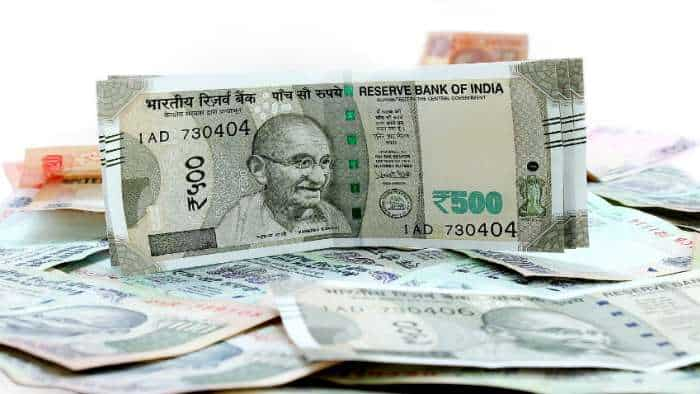
Top 7 Mutual Funds With Highest Returns in 3 Years: Rs 100,000 one-time investment in No. 1 scheme has swelled to Rs 2,13,588

8th Pay Commission: Can basic salary limit cross Rs 6.40 lakh mark in new pay commission? Know why it may be possible
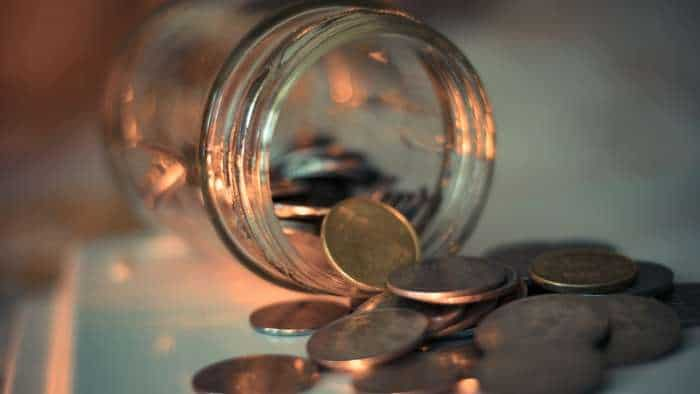
Top 7 Flexi Cap Mutual Funds With Highest Returns in 1 Year: Rs 1,50,000 one-time investment in No. 1 fund is now worth Rs 1,78,740; know how others have fared

Revised New Tax Regime Slabs: Is your annual income Rs 12,90,000? Will you be taxed on Rs 15,000, or Rs 12,9000? Know here
06:55 PM IST






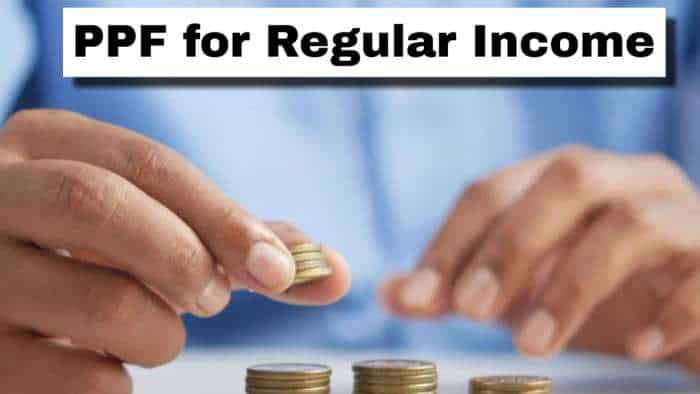
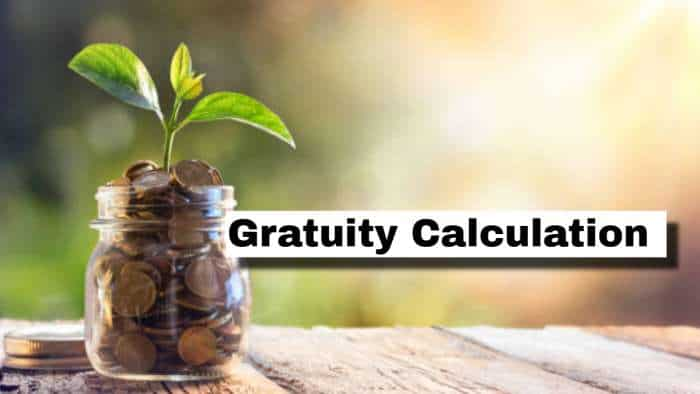
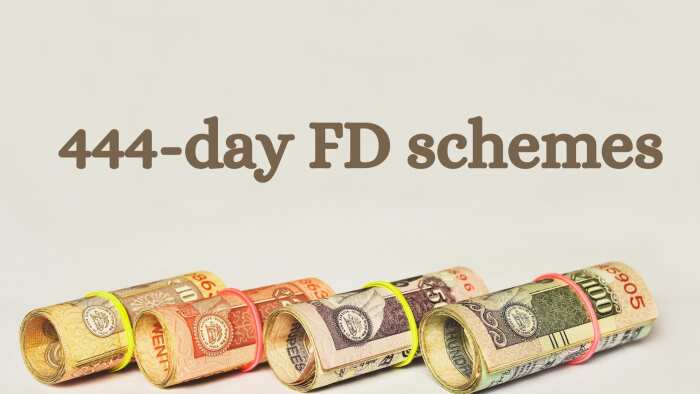
 FIR against New India Cooperative Bank GM in Rs 122 crore financial fraud
FIR against New India Cooperative Bank GM in Rs 122 crore financial fraud Sebi allows stock brokers to participate in government securities market via separate business unit
Sebi allows stock brokers to participate in government securities market via separate business unit  India's forex reserves rise for 2nd consecutive week, gold reserves up
India's forex reserves rise for 2nd consecutive week, gold reserves up Credit growth moderates in personal loan segment in December: RBI data
Credit growth moderates in personal loan segment in December: RBI data Digital payments rise 11.1% at September-end 2024: RBI data
Digital payments rise 11.1% at September-end 2024: RBI data